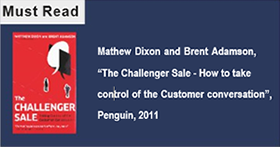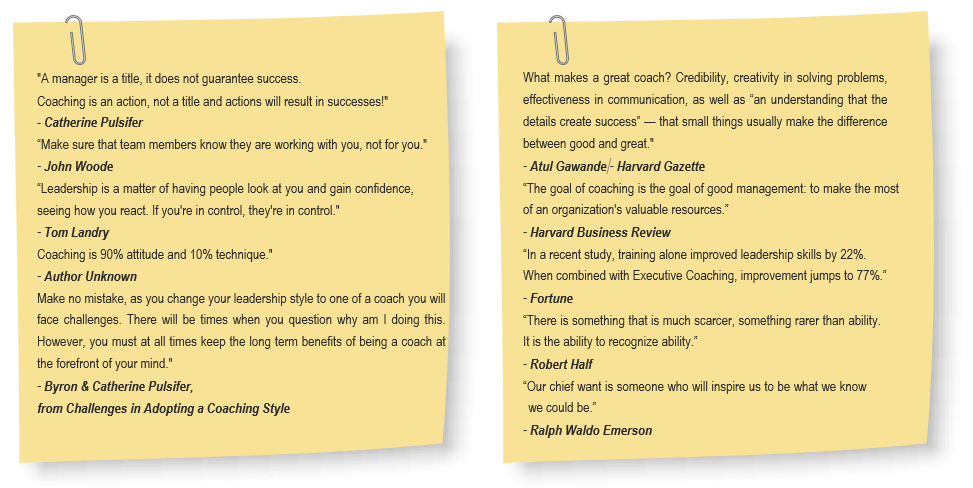He has treated management as a discipline as well as a profession. As a discipline, management has its own tools, skills, techniques and approaches. However, management is more of a practice rather than a science. Thus, Drucker may be placed in the 'Empirical school of management'. While taking up management as a profession, Drucker does not advocate to treat management as a strict profession but only a liberal profession which places more emphasis on managers to not only have skills and techniques but also the right perspective of putting things into practice. They should be good practitioners so that they can understand the social and cultural nuances of various organisations and countries.
2. Management Functions:
According to Drucker, Management is an organ of its institution. It has no functions in itself and no existence in itself. He sees management through its tasks. Accordingly, there are three basic functions of a manager, which he must perform to enable the institution to make its contribution towards:
(i) The specific purpose and mission of the institution whether business, hospital or university;
(ii) Making work productive, the worker an achiever; and
(iii) Managing social impacts and social responsibilities.
All these three functions are performed simultaneously within the same managerial action. A manager has to act as an administrator where he has to improve upon what already exists and what is already known. He has to act as an entrepreneur in redirecting the resources from areas of low or diminishing results to areas of high or increasing results.
Thus, a manager has to perform several functions: setting of objectives, making plans, organizing people’s efforts and motivating them. Drucker has attached great importance to the objective setting function and has specified eight areas where clear objective setting is required. These are: market standing, innovation, productivity, physical and financial resources, profitability, managerial performance and development, worker performance and attitude, and public responsibility.
3. Organisation Structure:
Drucker has decried bureaucratic structure because of its too many dysfunctional effects. Therefore, it should be replaced. He has emphasised three basic characteristics of an effective organisational structure.
These are:
(i) Enterprise should be organised for performance;
(ii) It should contain the least possible number of managerial levels;
(iii) it must make possible the training and testing of tomorrow's top managers—giving responsibility to a manager while still he is young.
He has identified three basic aspects in organizing: activity analysis, decision analysis, and relation analysis. An activity analysis shows what work has to be performed, what kind of work should be put together and what emphasis is to be given to each activity in the organisation.
Decision analysis takes into account the four aspects of a decision: the degree of futurity in the decision, the impact of the decision over other functions, number of qualitative factors that enter into it, and whether the decision is periodically recurrent or rare. Such an analysis will determine the level at which the decision can be made. Relation analysis helps in defining the structure and also to give guidance in manning the structure.
4. Federalism:
Drucker has advocated the concept of federalism. Federalism refers to centralised control in decentralised structure. Decentralised structure goes far beyond the delegation of authority. It creates a new constitution and new ordering principle. He has emphasised the close links between the decisions adopted by the top management on the one hand and by the autonomous unit on the other.
This is just like a relationship between federal government and state governments. In a federal organisation, local managements should participate in the decision within the limits of their own authority. Federalism has certain positive values over other methods of organising.
These are as follows:
(i) It sets the top management free to devote itself to its proper functions;
(ii) It defines the functions and responsibilities of the operating people;
(iii) It creates a yardstick to measure their success and effectiveness in operating jobs; and
(iv) It helps resolve the problem of continuity through giving the managers of various units, education in top management problems and functions while in an operating position.
5. Management by Objectives:
Management by objectives (MBO) is regarded as one of the important contributions of Drucker to the discipline of management. He introduced this concept in 1954. MBO has further been modified by Schleh which has been termed as Management by results. MBO includes method of planning, setting standards, performance appraisal, and motivation.
According to Drucker, MBO is not only a technique of management but it is a philosophy of managing. It transforms the basic assumptions of managing from exercising control to self-control. Therefore, in order to practice MBO, the organisation must change itself. MBO has become such a popular way of managing that today it is regarded as the most modern management approach. In fact, it has revolutionised the management process.
6. Organizational Changes:
Drucker has visualised rapid changes in the society because of rapid technological development. Though he is not resistant to change, he feels concerned for the rapid changes and their impact on human life. Normally, some changes can be absorbed by the organisation but not the rapid changes.
Since rapid changes are occurring in the society, human beings should develop a philosophy to face the changes and take them as challenges for making the society better. This can be done by developing dynamic organizations which are able to absorb changes much faster than static ones. Drucker's contributions have made tremendous impact on the management practices. His contributions have been recognised even by the management thinkers of Socialist Bloc.













